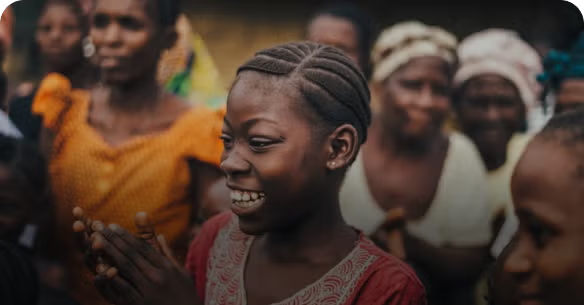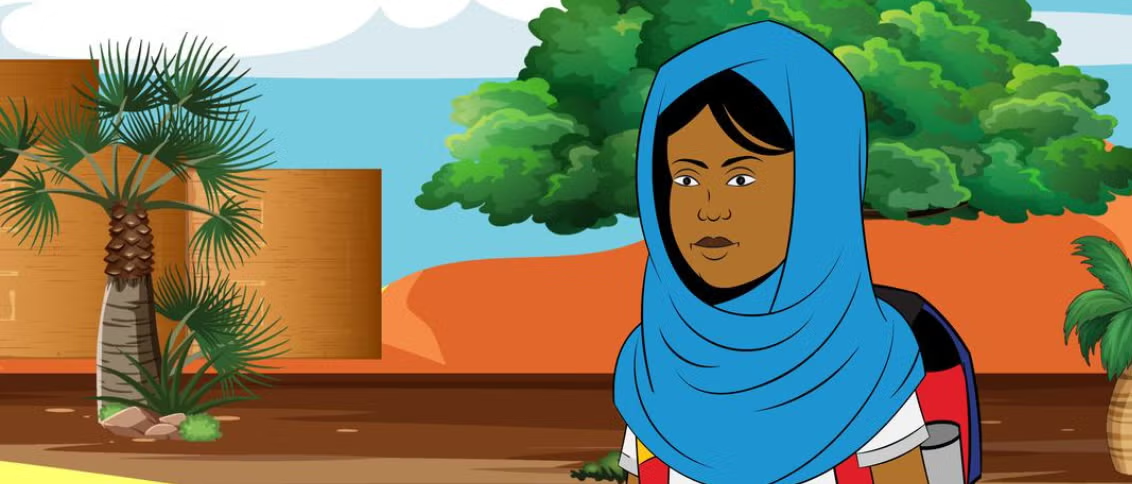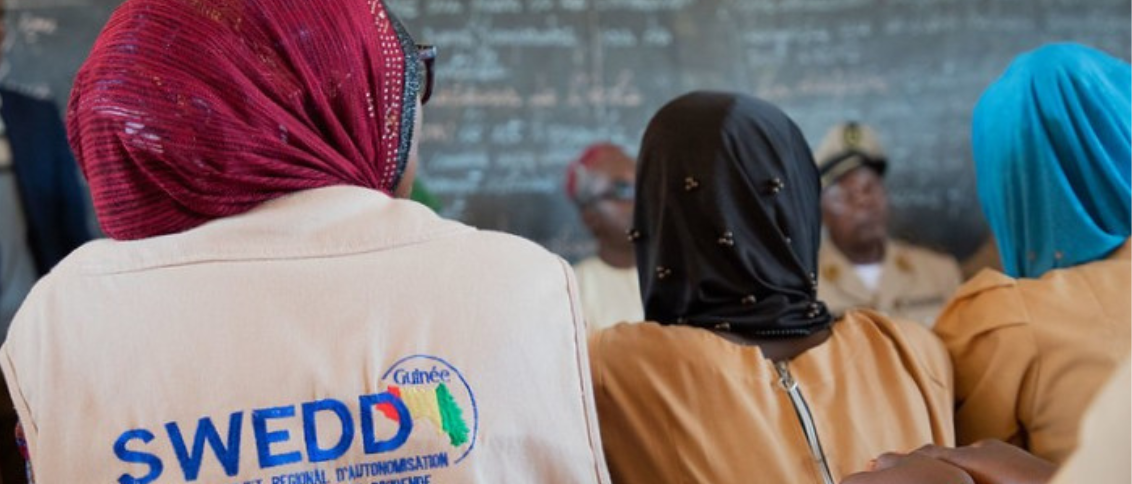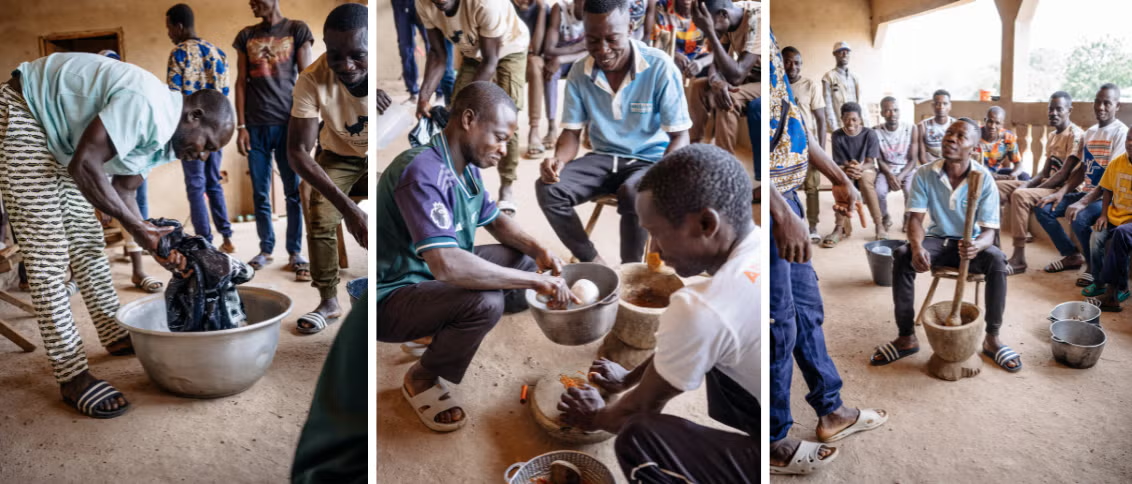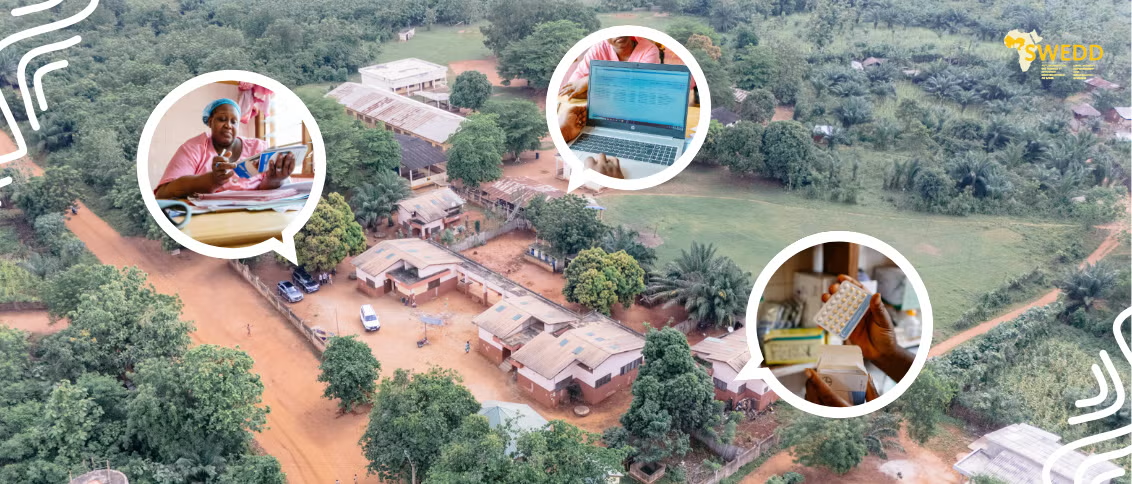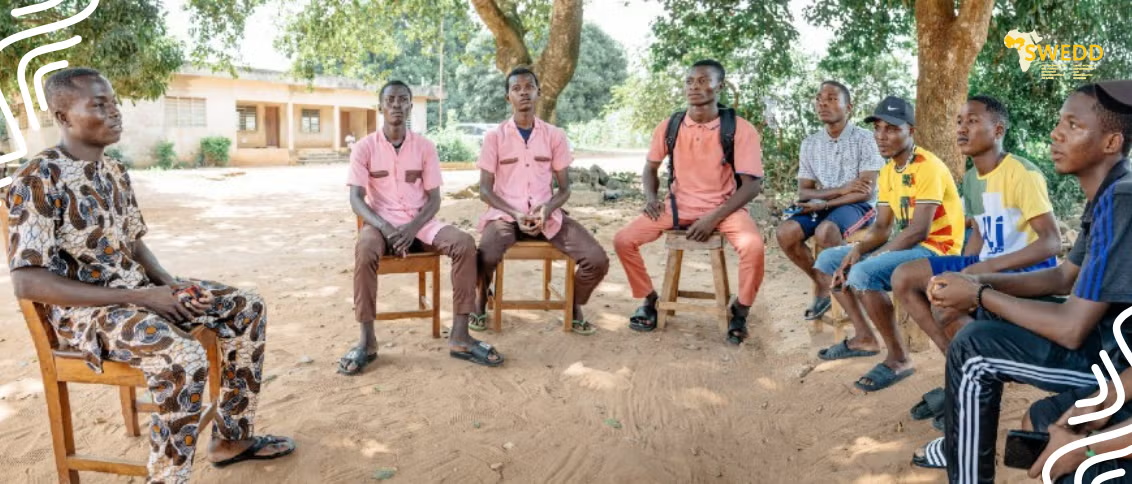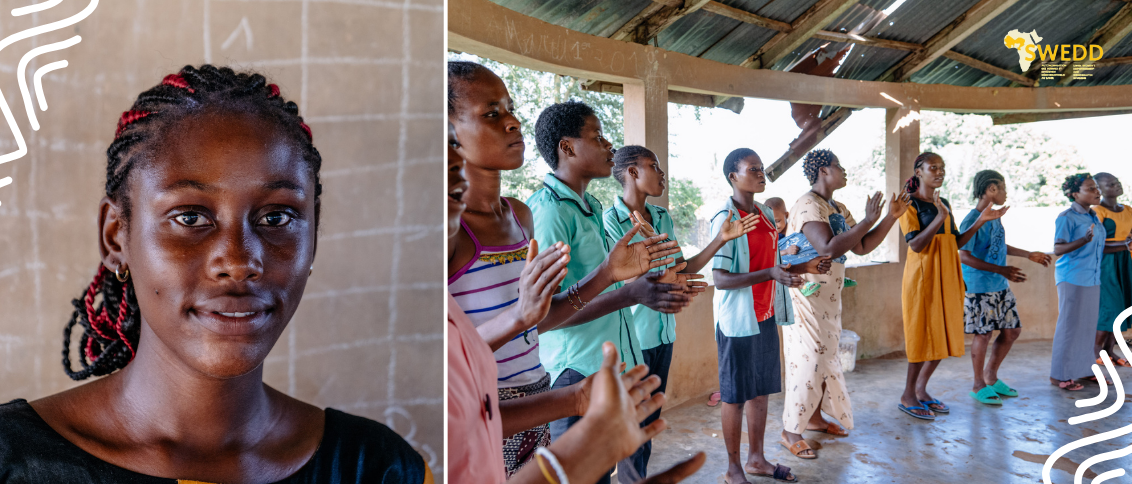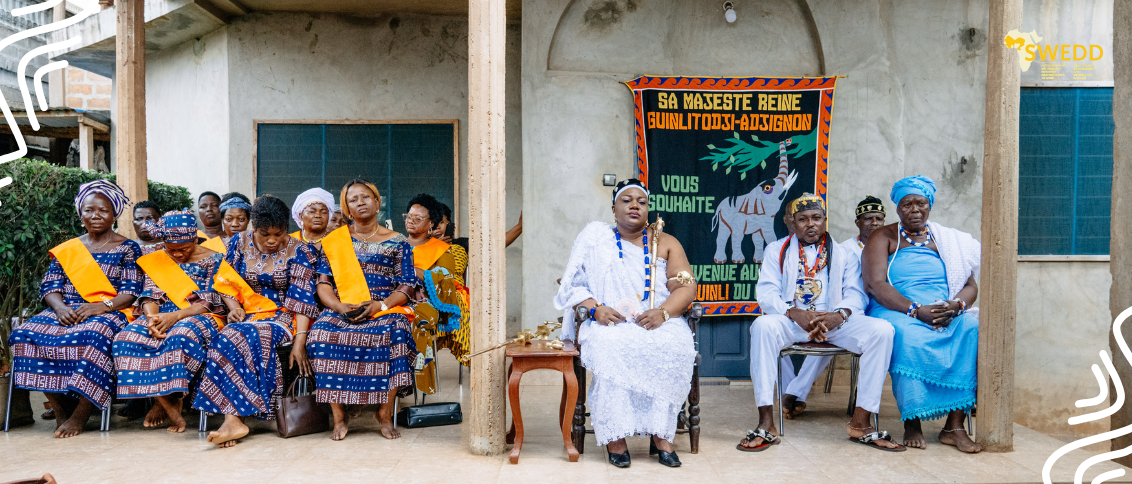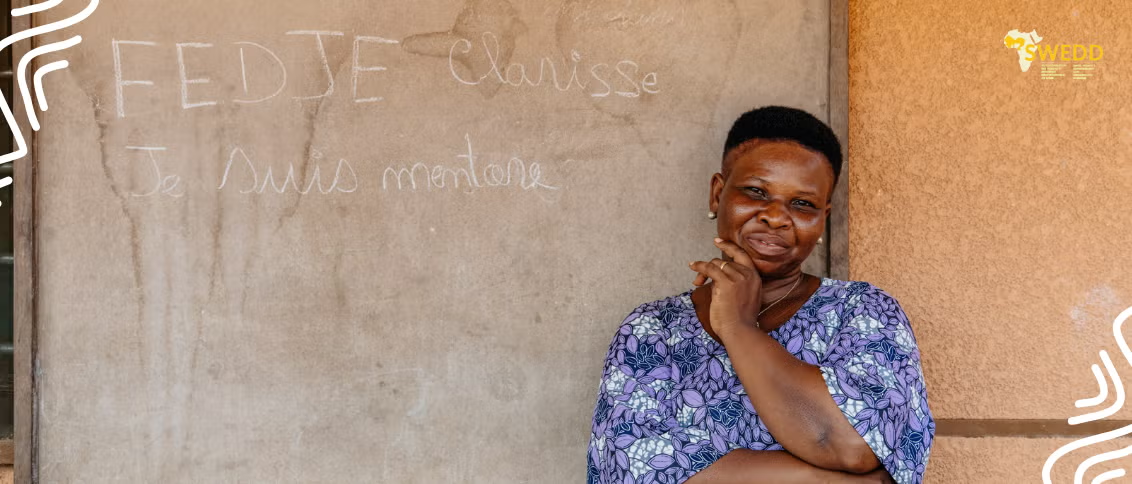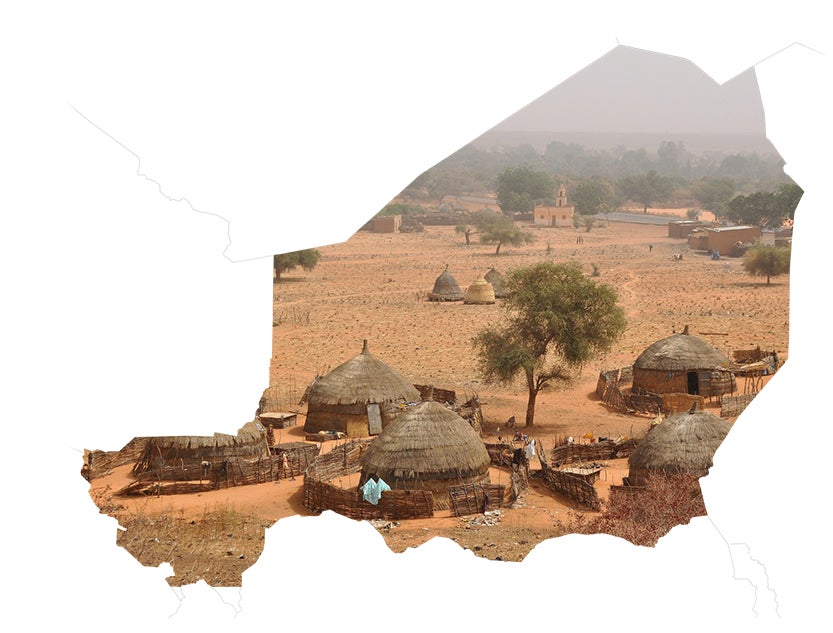
Niger
"My goal is to protect women and children from gender-based violence" - Hassane Haousseize Zouera, Police Commissioner. Find out more

Overview
Overview
*Activate automatic English translation in the video settings
The recurrence of armed conflicts and climatic disasters is severely affecting Niger's economic and human development. The country, which ranks last (188th) in the Human Development Index, has seen a significant fall in infant mortality, but its already very high fertility rate (6.2 children per woman) continues to rise. The persistence of such a high fertility rate, combined with falling infant mortality, creates a high dependency ratio, with harmful implications for economic growth and the well-being of the population, among other things. The median age at first marriage is 15.7, the lowest in the Sahel, which has considerable consequences for the health and development of young girls. The education system, access to information and reproductive health services are essential factors in their empowerment. In Niger, only 23% of girls aged between 15 and 24 are literate, while spending on education accounted for 4.4% of GDP. Niger is also ranked 151st, second-to-last in the Gender Inequality Index.
Facts & figures
Projects
Promoting a change in attitudes, making reproductive health products and services more accessible and raising awareness of demographic dividend issues among political decision-makers
Many factors affect the health of women and girls, such as harmful socio-cultural practices, female genital mutilation, early marriage, levirate and clandestine abortions.

